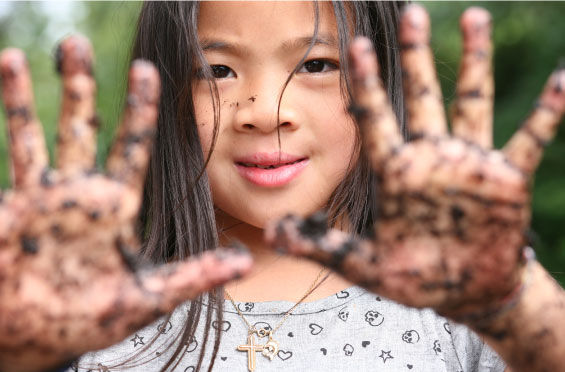Danone Specialized Nutrition (Malaysia) menyokong penyusuan susu ibu secara ekslusif untuk enam bulan pertama selepas kelahiran. Susu ibu mengandungi nutrien optimum yang diperlukan oleh bayi untuk pertumbuhan dan perkembangan. Ia juga mengandungi antibodi yang melindungi bayi anda daripada pelbagai penyakit.
Selepas berusia enam bulan, bayi haruslah diberikan makanan pelengkap yang bersesuaian dengan usia di samping meneruskan penyusuan susu ibu sehingga bayi berusia dua tahun atau lebih. Rujuk doktor anda sebelum membuat keputusan untuk menggunakan susu formula atau jika anda mengalami kesukaran dalam penyusuan susu ibu.





